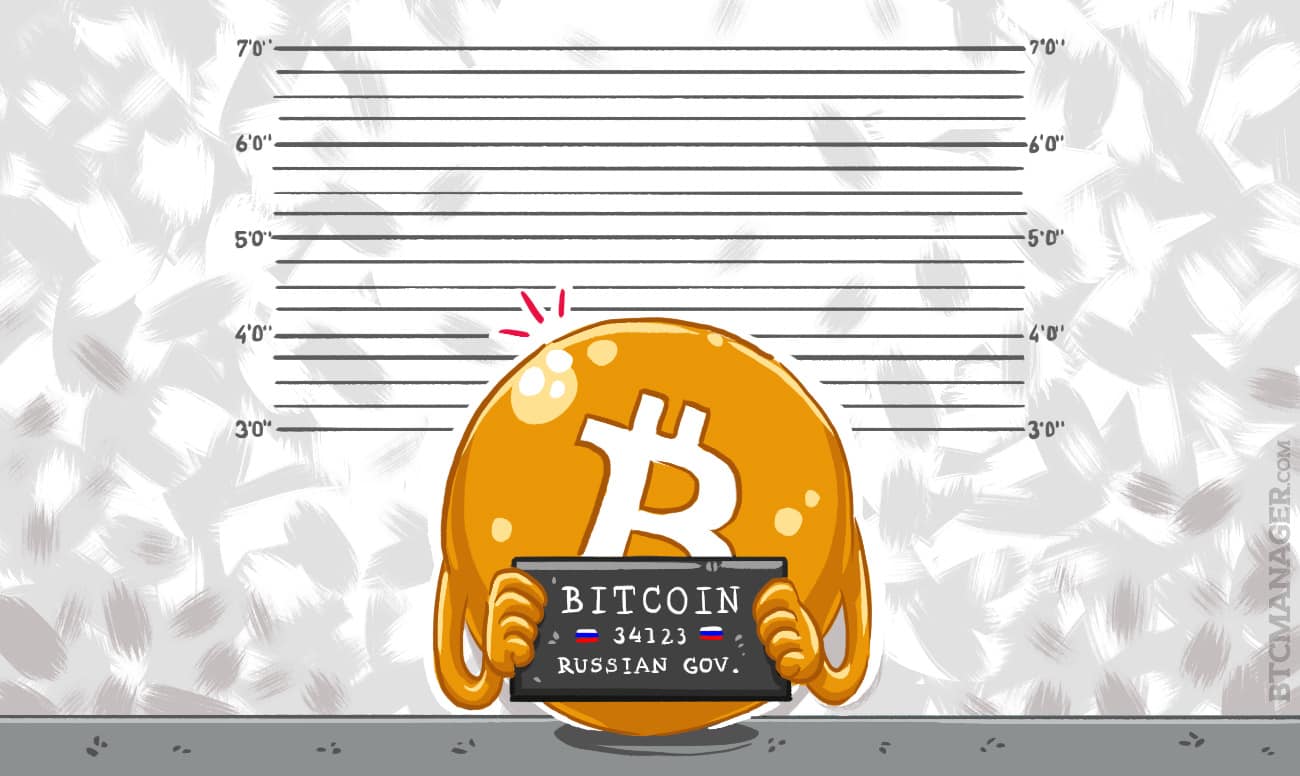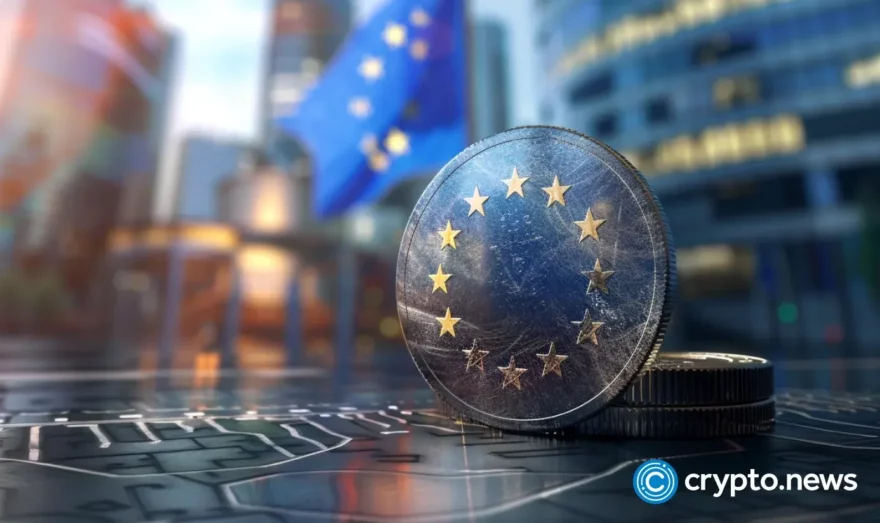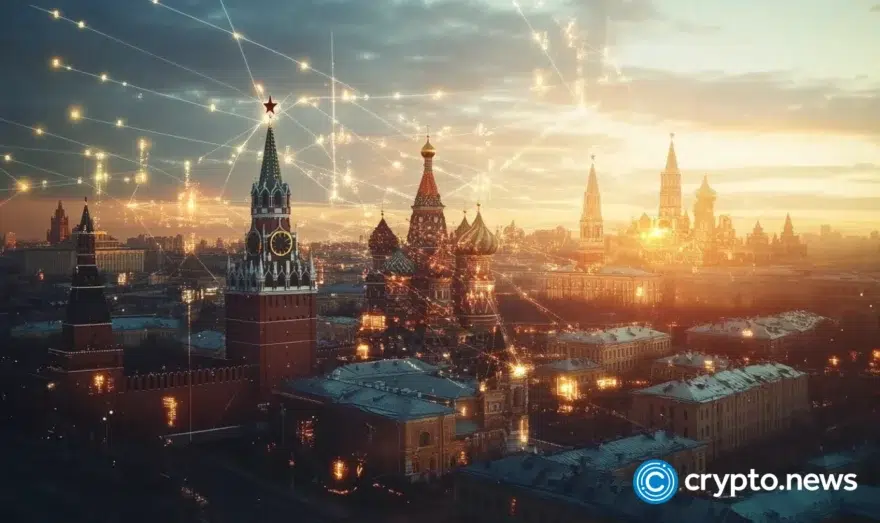Russia Supports Criminalizing Bitcoin Amid Fears of Financial Instability

In an interview with Russia’s Rossiyskaya Gazeta on Thursday, January 14, 2016, Alexander Bastrykin, the Chairman of Russia’s Investigative Committee, was highly critical of cryptocurrencies in general and of bitcoin in particular.
When asked if, given the current economic situation in Russia, the national currency ought to be protected by law, Bastrykin stated that “concerned agencies” in cooperation with the Investigative Committee were proposing to criminalize the production and trafficking of alternate currencies which are not prescribed by the law.
He began by stating his concern with market manipulation as a whole: “…a significant deviation of the price, demand, supply, trading volume and other settings as a result of market manipulation and insider trading in itself is a danger to the public, as it entails harm to bona fide participants and, ultimately, to the consumer.”
Within this context of corruption and stock market manipulation, Bastrykin defended the criminalization of the production and trafficking of alternate forms of currency,
“Virtual currency is issued by individuals to ensure no liquid assets and are therefore subject to significant exchange rate fluctuations,” he added. “The Bitcoin exchange rate over the past two years has grown more than 1,000 percent.”
He also noted that the “anonymous” nature of cryptocurrency transactions encourages the use of virtual currencies like bitcoin for crime, including trafficking in drugs, arms, terrorism financing and tax evasion.
According to the General’s Office of the Russian Prosecutor, virtual payments were illegally supplied to the terrorist group “LIH” providing them with Russian oil and gas, as well as for the recruitment of new members to the terrorist organization.
Bastrykin went on to speak more about Bitcoin and virtual currencies as a whole, stating that money substitutes have a competitive advantage over “legitimate” money leading to their rapid spread. According to expert estimates, the “turnover of money substitutes” in Russia is up to 1 percent of the country’s Gross Domestic Product (GDP). Bastrykin expressed concern that if this figure should grow to more than 10 percent that it will represent a real threat to the financial stability of Russia. He also suggested that a rise in the use of digital currencies could cause Russia to lose its monopoly on its money and the income from this activity. He concluded, “Therefore, it would be better to prevent the spread of [currency] surrogates at the stage of initial development of this market.”
Bastrykin’s comments continue to reflect the Russian government’s suspicion of and hostility toward bitcoin. In 2015, various bitcoin websites experienced blockages by Russian authorities, the Federal Service for Supervision of Comunications, Information Technology and Mass Media (Roskomnadzor), and law enforcement agencies, although the Sverdlovsk Regional Court overturned a ruling that imposed blocks on bitcoin websites. While law enforcement agencies do not possess the authority to block and ban bitcoin websites, they are still able to censor materials that promote the use of bitcoin in Russia.












